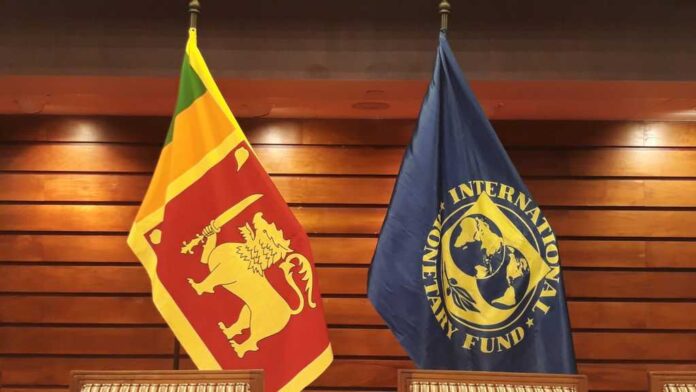By: Staff Writer
March 23, Colombo (LNW): Sri Lanka’s economic recovery, supported by the International Monetary Fund (IMF), is on an ambitious yet achievable path, according to IMF officials Peter Breuer and Martha Tesfaye Woldemichael. Despite significant progress, they stressed the importance of maintaining reform momentum to ensure long-term economic stability for current and future generations.
In a joint statement, the IMF officials highlighted that while Sri Lanka’s road to sustainable growth and fiscal health is challenging, it remains achievable through continued reform efforts.
They emphasized that the country must avoid policy errors and maintain essential government services by boosting tax revenues, limiting exemptions, and ensuring that public resources are spent wisely. This includes adopting cost-recovery pricing for fuel and electricity while ensuring targeted social support for the most vulnerable.
As Sri Lanka reaches the midpoint of its four-year reform program, substantial gains have already been made. The economy has bounced back with a 5% growth in 2024, recovering nearly half of the output lost between 2018 and 2023. Inflation has been controlled, tax revenues have increased significantly, and the government’s primary balance has improved.
The IMF acknowledged the relief provided by external creditors, who have forgiven $3 billion in debt and restructured $25 billion, easing the financial burden on the country. This debt relief, along with a favorable response in international markets, has contributed to improved economic conditions. Domestic borrowing costs have dropped sharply, and Sri Lanka’s credit rating has been upgraded.
However, the IMF officials pointed out that past policy mistakes, including low taxes and extensive exemptions benefiting businesses over individuals, led to the current crisis. While the government now has the ability to fund essential services, Sri Lankans are bearing the costs through higher taxes and the elimination of subsidies on fuel and electricity.
These measures are crucial to ensure long-term economic recovery and prevent a return to the severe conditions of 2022.
The IMF’s support has played a crucial role in mitigating the worst effects of the crisis, offering a credible framework for continued reform and attracting financing from other international partners. The program also reassured creditors that Sri Lanka will be able to manage its debt post-restructuring.
Following the elections, the IMF worked with the new government to adjust the program in line with policy priorities. This included adjustments to the tax regime, wage increases for public sector employees to offset past inflation, and some relief for consumers of dairy products. These steps, alongside continued revenue mobilization, have helped the government balance fiscal responsibility with public relief.
As Sri Lanka moves forward, the IMF urges continued commitment to reforms to avoid past economic cycles of boom and bust. Ensuring that the recovery is sustainable in an uncertain global environment is critical to ensuring that all Sri Lankans can benefit from the country’s economic recovery.

